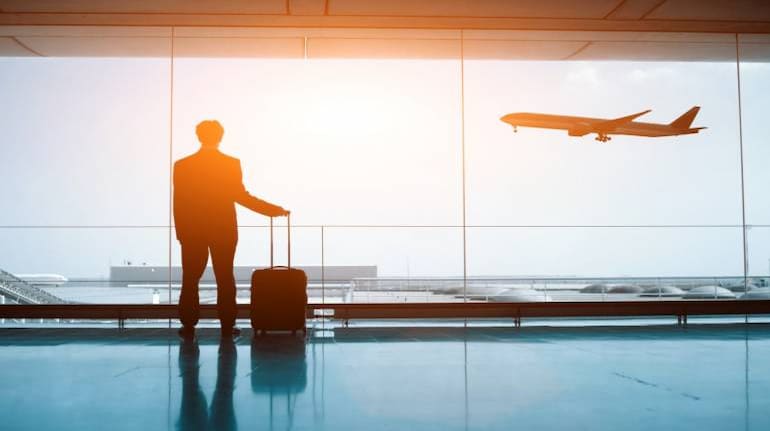



The ministry of civil aviation in a surprise announcement has decided to remove the fare caps that have been in place in Indian skies for over two years. The fare cap regime ends on August 31. The ministry had introduced both fare and capacity caps from May 25, 2020, when scheduled passenger traffic resumed after a strict lockdown. The government increased and decreased the capacity cap with an aim of ensuring that the weaker airlines do not fall prey to the stronger ones gobbling them up by deploying additional capacity. The capacity caps were done away with on October 18, 2021.
The fare caps, on the other hand, had a floor price and ceiling price, where the floor price was to ensure that airlines did not drop fares below a certain level and the ceiling price to ensure that they did not increase ticket prices beyond what was mandated by the government.
The fare caps, which earlier had an end date, were modified to have a rolling 15-day fare cap where the floor and ceiling prices were applicable for 15 days while airlines were free to discount or increase prices on 16th day and beyond. This was also the reason why airline sales were for periods beyond the 15-day window unlike in the past when some sales were for immediate flying.
What does this mean for the airlines?
Airlines will be free to price their tickets starting September 1, 2022. Rules still mandate airlines to declare their fare and fare classes on their website and are not expected to go beyond the maximum fares allowed.
The going away of fare caps could see an intense price war on certain sectors including those where Akasa Air is starting services, and at the same time a hike in fares on monopoly sectors. This will put pressure on yields across carriers and more so for the fledgling Akasa Air. At the same time, with passenger numbers expected to rise during the festival season, cash-strapped SpiceJet could be in a position to sell seats in higher fare brackets for its monopoly routes and earn some respite. The airline, though, is barred from operating more than 50 percent of its scheduled flights at the moment.
Will it mean the end of the high revenue cycle for market leader IndiGo? The airline has expanded its network in the last two years, having operated more flights than pre-COVID (its highest ever). This will be the true test for the airline. Its outgoing CEO has been consistently telling the market of how the vast expanse and connectivity are helping it with high fares as it gives the best options for one-stop flights. Will a drop in fares across the board see passengers move back to cheaper options and force IndiGo to match those or will IndiGo continue to enjoy a premium for its scale? We’ll have to wait and see.
What does this mean for the passengers?
As we head into a season of holidays starting with Ganesh Chaturthi, Dussehra, Diwali and Navratri, travel is likely to pick up in the absence of any new wave of COVID. The current caseload has been manageable with lower hospitalisations and has led to increased travel. However, the current travel numbers are nowhere near the May peak and part of it is blamed on the high fare regime.
Fare caps have been a double-edged sword. Frequent fliers have often complained of fares being double of pre-COVID levels. While the fares could drop now, the impending holiday season could see ticket prices reach a new high as well, which could be well beyond the ceiling mandated by the fare caps until now. At least for the holiday season, it would be wise for passengers to book tickets at the earliest or in the next sale to ensure that last-minute fares can be avoided as they are expected to be sky-high.
Environment is rapidly changing
International crude oil prices have softened, which spells good news for an industry where fuel accounts for the large bulk of expenses. Yet the dropping of fares would mean that it will still be difficult to make money. With business traffic returning and the holiday season ahead, passenger loads should not be an issue but the right cost? That could continue to be a challenge.
Last quarter, IndiGo was Rs 600 short per passenger to break even. SpiceJet, the only other listed airline, has not declared its results for two consecutive quarters. With Akasa Air’s entry, routes have already seen additional capacity and lowering of fares, two things that can have a negative impact on the balance sheet of any carrier. Will the removal of fare caps be the last nail in the coffin for a few players or will it give the much-needed fillip to the market with lower fares?
Discover the latest Business News, Sensex, and Nifty updates. Obtain Personal Finance insights, tax queries, and expert opinions on Moneycontrol or download the Moneycontrol App to stay updated!
Find the best of Al News in one place, specially curated for you every weekend.
Stay on top of the latest tech trends and biggest startup news.